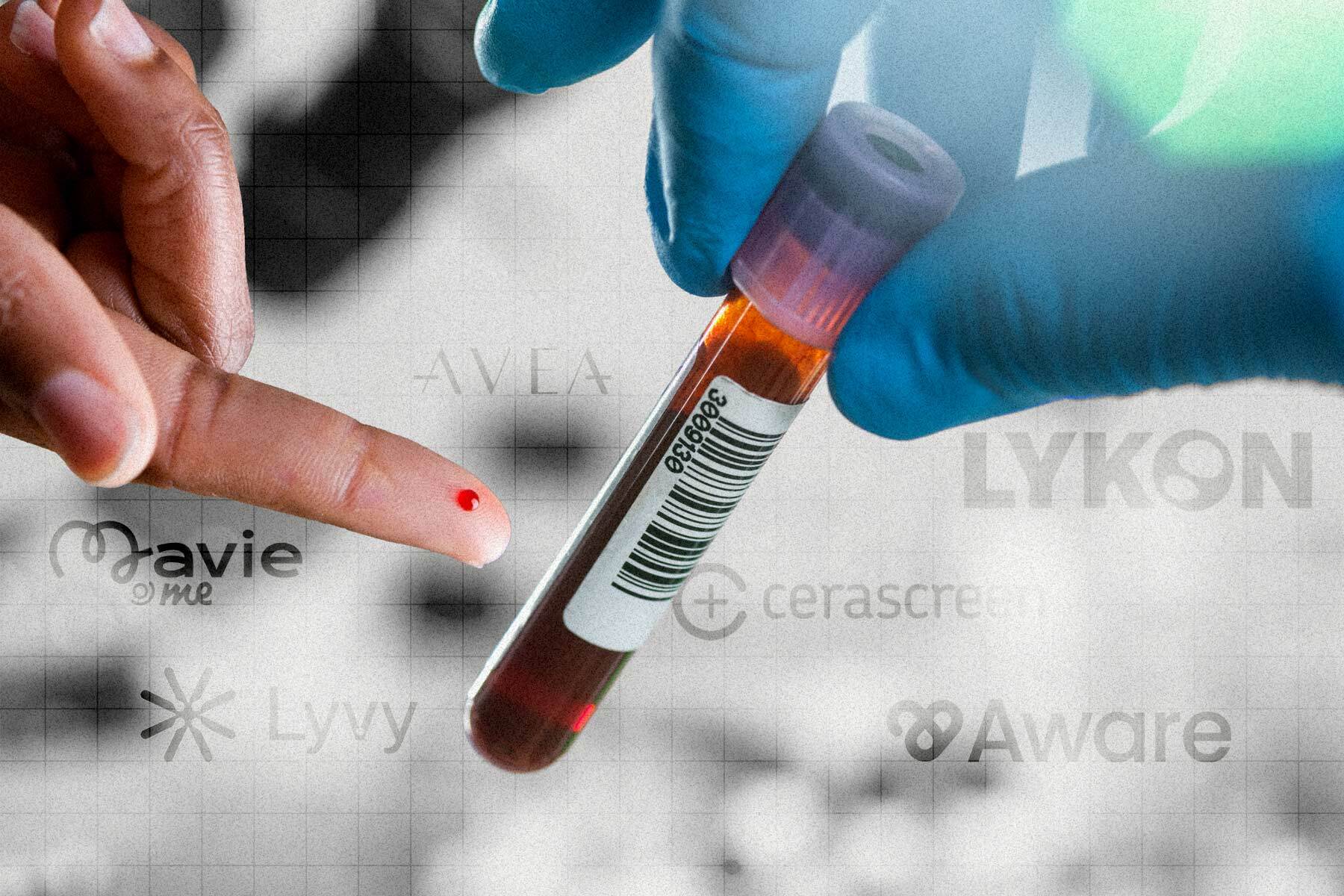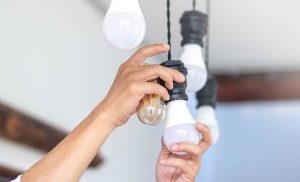
For 84 percent of all employees in Germany, health is their top priority. Before family, friends and financial security. More and more people want to understand their bodies better and lead a healthy life without having to endure long waiting times and impersonal doctor visits. This is exactly where many startups come in: with home blood tests and personalized lifestyle recommendations.
But how reliable are these tests really? And how sustainable are the startups’ business models? We took a closer look at the German blood test market and spoke to experts.
Read too
How reliable are the tests?
Andreas Bobrowski, chairman of the professional association of German laboratory doctors, is critical of the accuracy of these blood tests. “In terms of quality, the home tests are significantly inferior to the laboratory tests because the test execution is of course subject to certain problems and pre-analytical errors can occur. There is also no quality control,” he explains. There would be three problems with home blood tests. Firstly, errors can occur in the presentation of indications. This means that patients choose the wrong test. Secondly: The most common source of errors is pre-analytics, i.e. the preparation for the test and blood collection. According to Bobrowski, 75 percent of all errors occur here.
Source: https://www.businessinsider.de/gruenderszene/business/longevity-sexy-fuer-praevention-sieben-startups-analysieren-blut/



